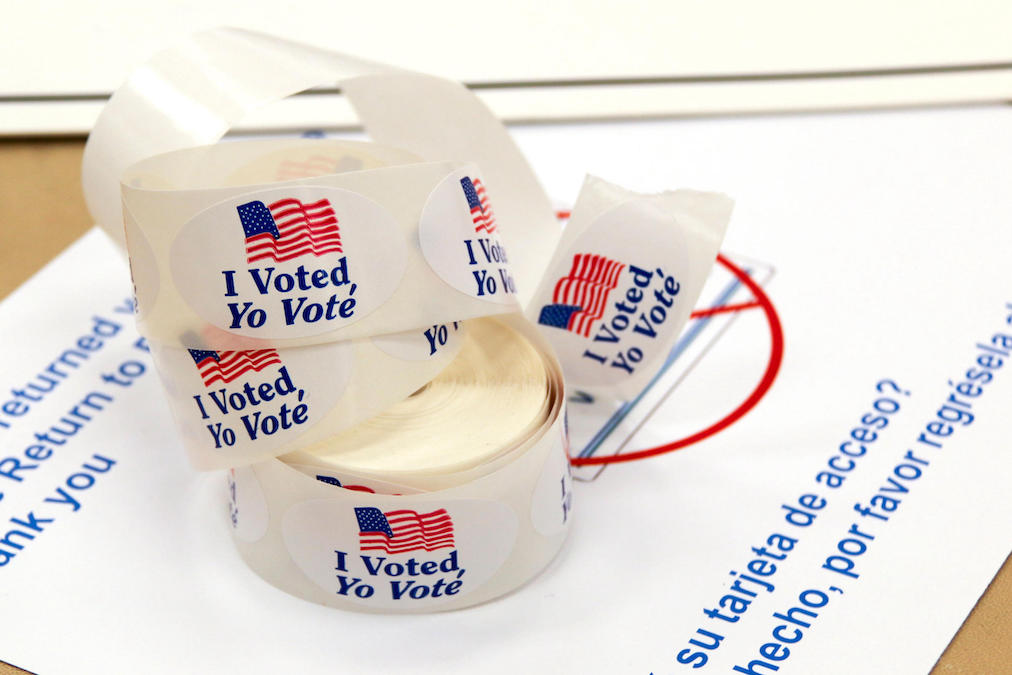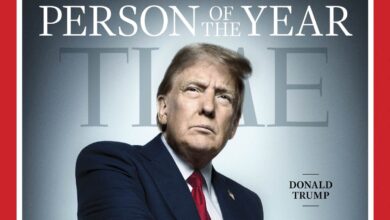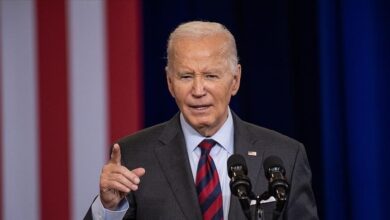The political polarization in the United States has reached new levels, with red states becoming more conservative and blue states becoming more liberal. An exclusive analysis by USA TODAY of the nation’s 3,113 counties reveals a striking realignment since 2012, with many states becoming more partisan. This shift has significantly narrowed the number of competitive states, leaving just a few battlegrounds where the outcome of the Nov. 5 presidential election remains uncertain. In most states, the winner is all but guaranteed due to the intensifying ideological divide between regions.

This polarization has led to one-party control of both the governorship and state legislature in 40 of the 50 states. As a result, laws vary drastically between states, even neighboring ones, on controversial issues like abortion rights, transgender care, and pandemic public health responses. Red states have pushed for more conservative legislation, while blue states have enacted more progressive policies, creating a patchwork of conflicting laws across the country.
The USA TODAY/Suffolk University poll reflects the broader national mood, showing that many Americans are now choosing to live in areas where they feel politically aligned. More than half of those surveyed (55%) said it was important to live in a community that shared their political views. A notable 7% of Americans reported moving to a new community to be around like-minded people. Conversely, 60% said it was important to them to live in a diverse community, where they would be exposed to a variety of viewpoints, with 12% having moved in search of more diversity.
Interestingly, this polarization plays out differently across party lines. Republicans are more likely to prefer living in politically homogeneous communities, with 24% prioritizing this factor, compared to 18% of Democrats. On the other hand, Democrats are nearly three times as likely as Republicans to value living in politically diverse communities, with 30% emphasizing the importance of interacting with people of differing views, compared to just 11% of Republicans.
Geographical sorting has also contributed to the changing political landscape. People have moved to places that reflect their political values, often intensifying partisan divides. Seventy-three percent of counties became more politically homogeneous from 2012 to 2020, with 224 blue counties becoming more liberal and 2,050 red counties becoming more conservative. Although there were fewer blue counties, they tended to be in densely populated urban areas, while the red counties were often in sparsely populated rural regions.
The result of this sorting is a political map where competitive counties—those decided by a narrow margin—are becoming rarer. Fewer than one in five counties became less partisan during this period, and only 8% changed party allegiance. This means that in most areas, political outcomes are predictable, reducing competition and debate. In the 2020 election, only 5% of counties were decided by a margin of 5% or less.
The increasing divide between red and blue states has led some experts, like David Paleologos from Suffolk University, to suggest that America is undergoing a “quiet separation” between its regions. While not a civil war in the traditional sense, this division has resulted in Americans becoming more isolated from those with differing political views. This lack of interaction between opposing sides further entrenches partisan divides, making it difficult for people to find common ground.
Ultimately, the growing political divide is transforming not only how Americans vote but also where and how they choose to live, shaping the country’s future in profound and unpredictable ways. This deepening polarization threatens to undermine opportunities for bipartisan cooperation and fuels an ever-hotter political climate across the nation.
ㅤㅤ




